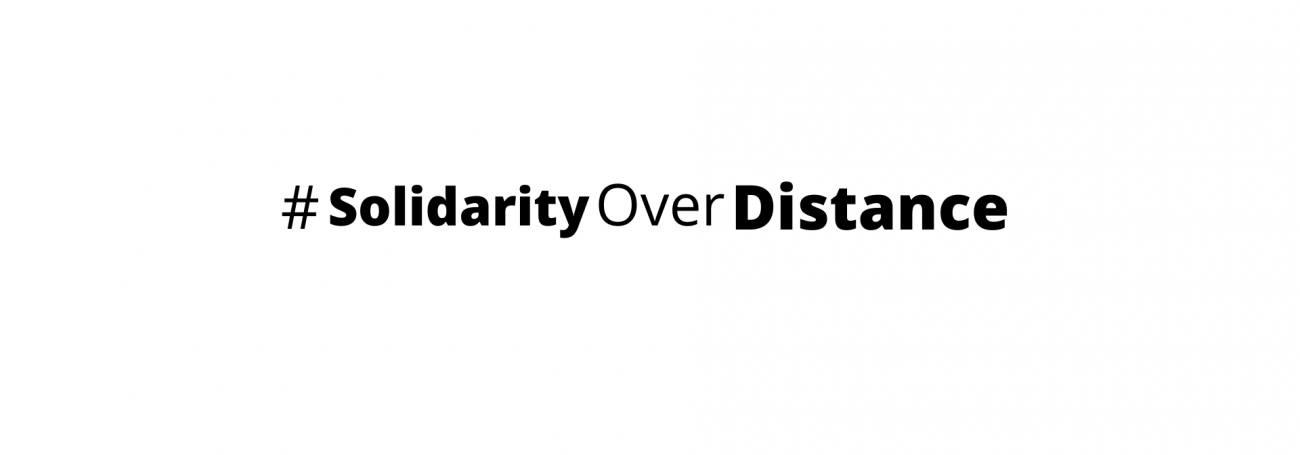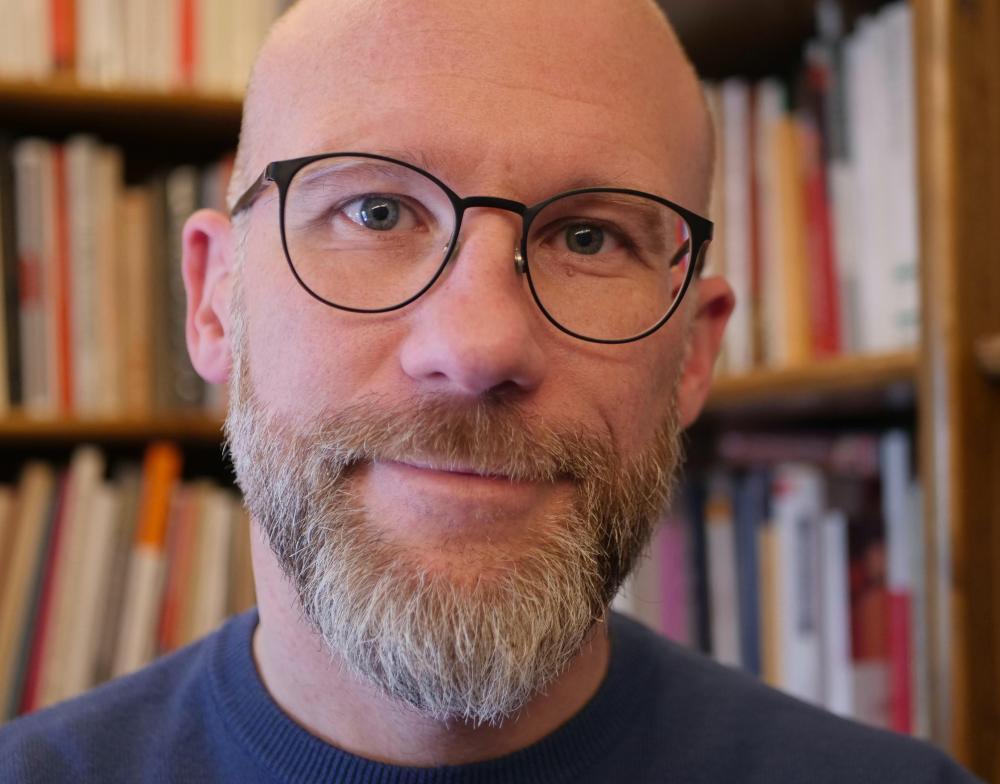It seems now that the pandemic developed very differently in China and in the rest of the world (including Italy). Do you think it is more difficult to combat such a pandemic when we live in democracies?
Of course modern democracy has some values that could be an obstacle in such situation: I think particularly at our care about “privacy”. For example, the proposal to follow the movement of citizens through smartphone apps in order to control pandemic could be quite problematic. How can we avoid the risk of a “big brother”? We have to be very clear about the limits of solutions like this, but is it possible now? How long will this situation continue? If we introduce these kind of “political” tools, will we be able to dismiss them once it becomes possible? But this is clearly only one of the possible issues. So there are of course peculiarities of democracy that in this particular situation sound like limits. Anyway, I think that we will learn a lot of things from restrictions: the government asked citizens for cooperation, nevertheless secured punishments for people who will not respect limitations. Would it have been possible to do this differently? Aristoteles would have said not. Most people do the right things only because they are frightened by the perspective of punishments. I think this a great challenge also for restorative culture: how can we learn to do the right thing, even if it is difficult, simply because it is something in favour of other people? Perhaps restorative practices could teach us something exactly about the possibility to feel in a deeper way the needs of other people, in order to make our decisions also through feeling their presence, their life and not simply considering only our wishes or needs.
What do you think a restorative culture can do, once the pandemic will be soothed? What could be helpful steps or attitude at that point?
The good use of words is one of the main issues in restorative practices, and I think this could be an important resource, still in this period, that is characterised – this is my impression, of course – by a distortion of narratives. I mean: on one side, on social-media, we can notice a huge amount of “story-telling” about ordinary life during pandemic. Generally, we find here good narratives. People prefer not to show their pain, and when they do it, very often I notice also a resentment towards other people who continue saying “it will be all right” (“#andràtuttobene” was an unfortunate hashtag in Italy during the very beginning of the troubles). On the other side, in public speaking we can observe a strong use of heavy metaphors: the one of “war” first of all, Covid-19 as “enemy”… I’m not so sure that this is a good choice in language: in Italy also countries that seem to not “fight” with us against the pandemic quickly became “enemies” (particularly in the narrative of some politicians). I mean we have to learn how to use proper words, moreover how to tell publicly the suffering that affected a great part of the population, with respect and without rhetoric, in order to share feelings deeply and to transform suffering not into revenge but into a new power to build positive things, particularly as European citizens. The European Forum has a great challenge, but has a great experience that will be very precious!



